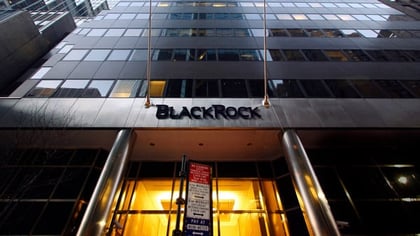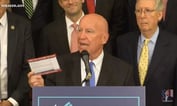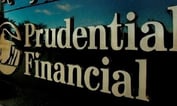Small-business employers, in particular, are hampered by rules on multiple employer plans (MEPs), such as the requirement that they share a common nexus — an industry or trade group, for example, according to BlackRock. And retirees are encumbered by having to withdraw minimum amounts from their retirement accounts starting at age 70-1/2 even though they may live another 20 to 25 years.
BlackRock offers multiple recommendations to help increase the availability of DC funds and participation by employees — “bipartisan ideas that can transform the current landscape” — centered around three categories:
Expanded access to employer-sponsored retirement plans
- Encourage MEPs by eliminating the next requirement and one bad apple rule whereby a defect by any one employer in the MEP disqualifies the entire MEP
- Reduce reporting and disclosure requirements, including simplifying Form 5500 and allowing electronic delivery of disclosures
- Offer a modified SIMPLE IRA that small employers can establish with relatively low startup and maintenance costs
Increase employee participation in retirement plans
- Adopt a safe harbor rule that facilitates re-enrollment so that existing employees who don’t participate in their retirement plan, for example, can be automatically invested in a qualified default investment alternative (QDIA) such as a target date fund
- Encourage automatic enrollment of employees and automatic escalation of contributions through a more flexible nondiscrimination safe harbor that, for example, eliminates the 10% cap on automatic contributions
- Improve portability of plan assets when employees change jobs. There are currently no standardized requirements, processes or paperwork for this, according to BlackRock.
Improve outcomes during retirement (the decumulation phase)
- Increase access to lifetime income products, such as annuities, in DC plans
- Improve the rollover process to move assets from a 401(k) to an IRA
- Revisit minimum distribution rules for small DC and IRA balances, which mandate distributions starting at age 70-1/2. BlackRock suggests raising the age for RMD to 75 and eliminating RMD for IRA balances below a certain amount, such as $250,000.
Many of these recommendations are not new, and most are included in the several bills currently circulating in Congress, such as the Retirement Enhancement and Savings Act of 2018 (RESA). Another bill would create a Commission on Retirement Security that would submit recommendations to Congress on improving or replacing existing private retirement programs, and one bill would allow employers to set up short-term savings accounts for their employees.









 July 25, 2018 at 04:46 PM
July 25, 2018 at 04:46 PM











